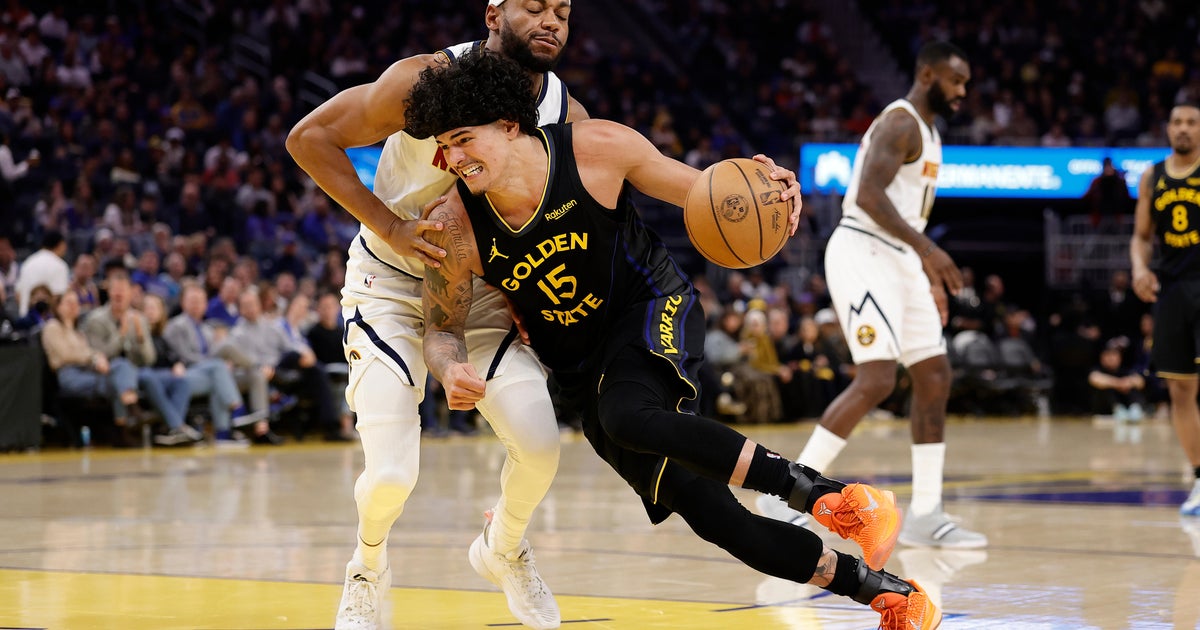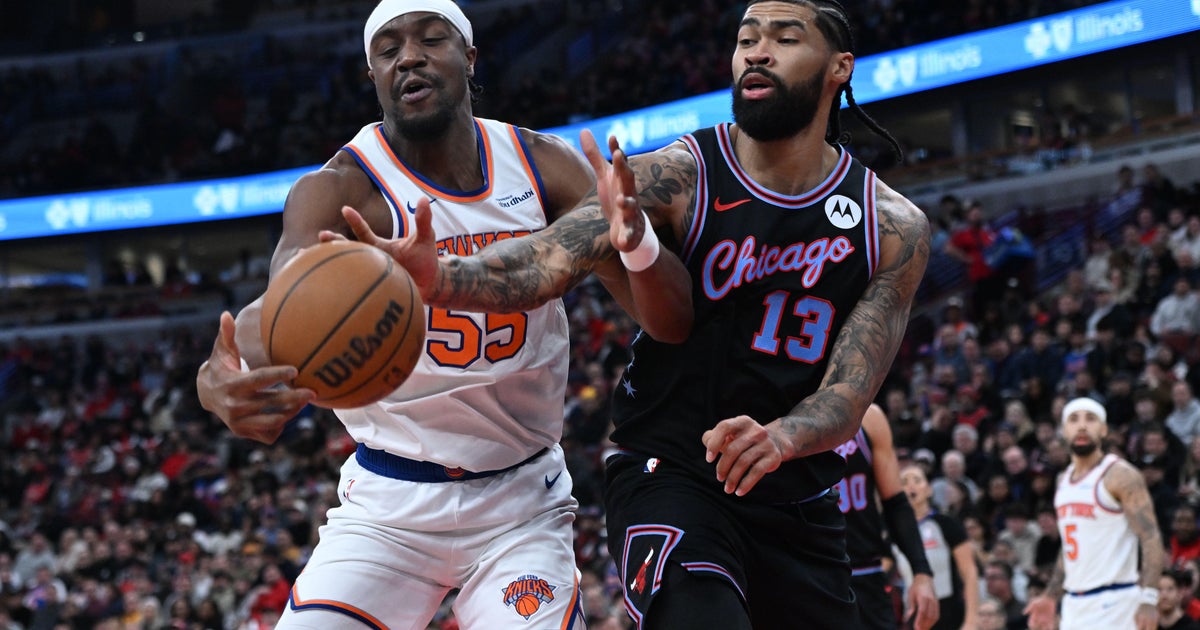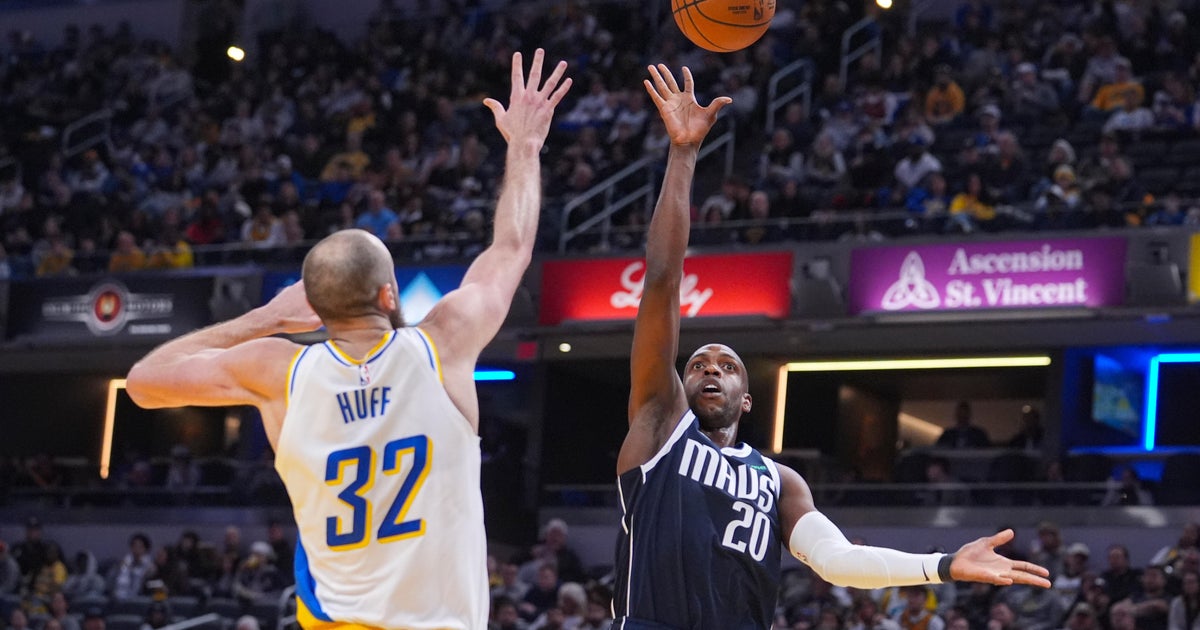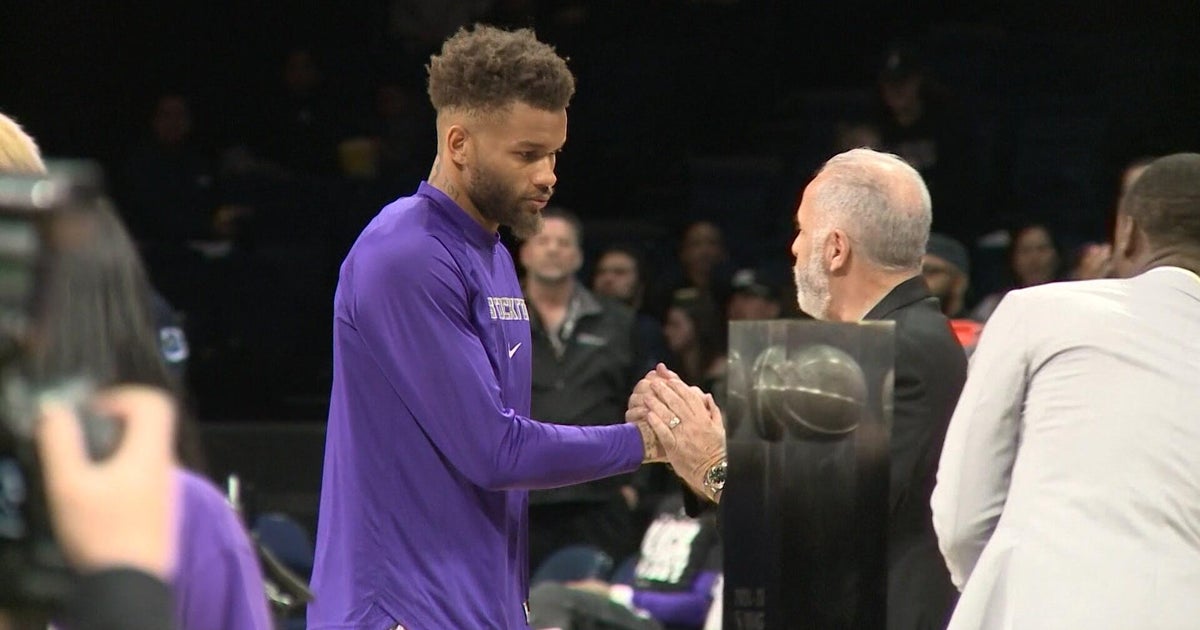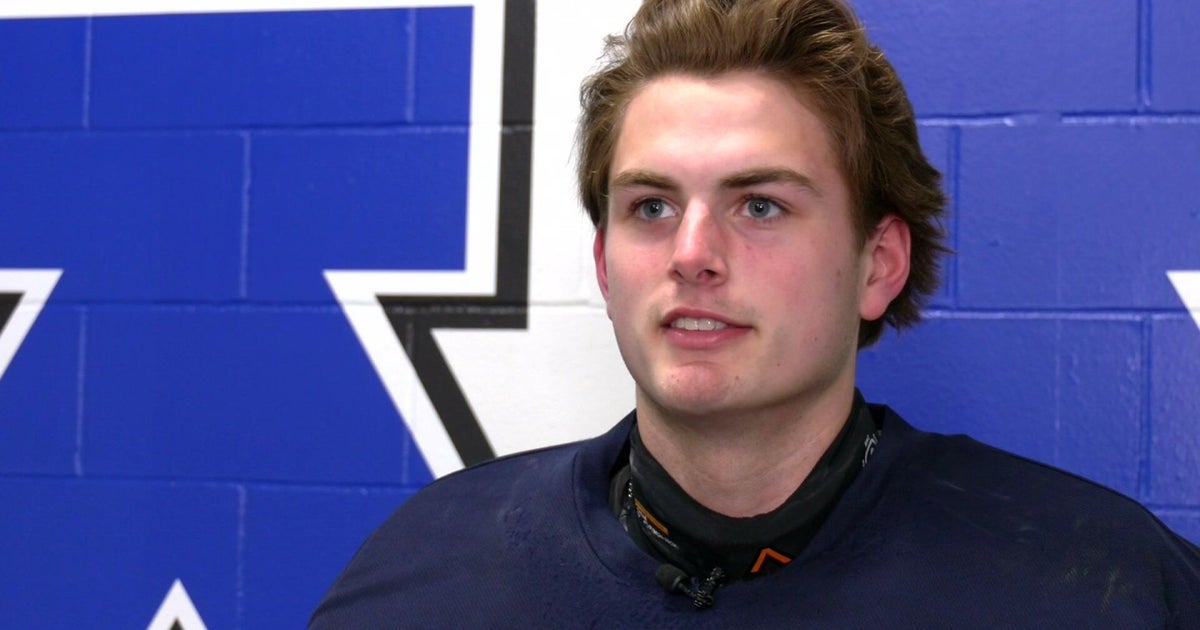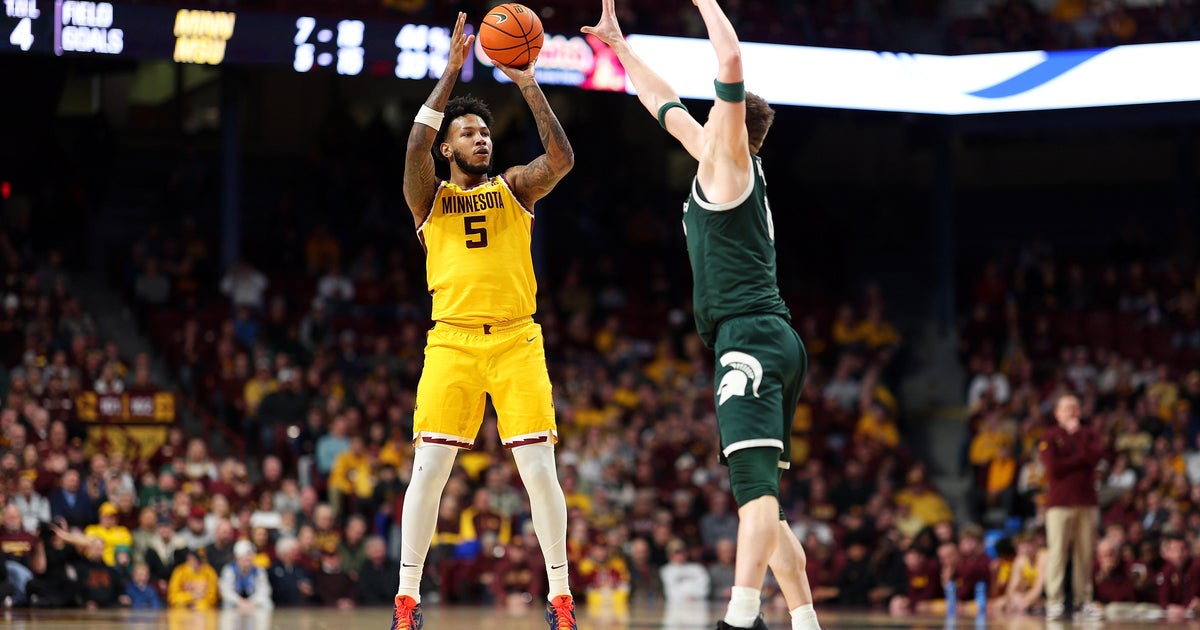Remembering The 1996 Yankees: Mo Took First Steps Toward Immortality
By Steve Silverman
» More Columns
When the subject is the best of all-time, it's often folly to declare one player better than everyone else.
But when the subject is relief pitching and the job is closing out a game, Mariano Rivera is at the top of the list, and it's not even close.
You want to debate? Goose Gossage, Trevor Hoffman, Lee Smith and Dennis Eckersley were all undeniably superb, but they all must doff their caps to The Great Rivera.
Try to go around the rest of the diamond, and it's hard to declare an all-time best. Yankees fans may shout the loudest for Babe Ruth, Lou Gehrig, Yogi Berra and Joe DiMaggio, but all of them have severe competition.
Ruth would most likely win the argument for the game's greatest slugger, but what about Hank Aaron, not to mention the tainted Barry Bonds? Gehrig may have been the best first baseman the game has ever seen, but what about Jimmie Foxx, Hank Greenberg, Harmon Killebrew of Willie "Stretch" McCovey?
Berra is in a hotly contested race with Johnny Bench as the game's best catcher, but even Yogi's staunchest supporters would admit he did not have the cannon that Bench displayed.
If you say DiMaggio was the greatest centerfielder, a lot more would shout Willie Mays.
MORE: Keidel: My Meeting With Mariano, The Man Who Says It All With Silence
Rivera's peers as the best ever don't even play baseball. Jerry Rice was the greatest wide receiver in NFL history, while Michael Jordan was the best basketball player ever.
Those are his peers. We won't even throw in Wayne Gretzky in hockey, because Bobby Orr supporters can make a winnable case.
The same goes with the spectacular Muhammad Ali, because he may not have been able to overcome Joe Louis.
***
Rivera was just another guy as the 1996 season got underway. He had been up with the Yankees during the previous season, and he had shown enough to be given strong consideration by Yankees manager Joe Torre to make the team as the season got underway.
Rivera had no singularly defined role. He certainly was not the closer, because that job belonged to John Wetteland.
Rivera was 26 as the season got underway, which is pretty old in baseball terms for a player who is still trying to establish his worth. But there was something about Rivera's performance in spring training that told Torre that this pitcher was going to be special -- and it wasn't the cut-fastball that he would become famous for in later years.
Rivera did not throw a cutter at the time. He would learn that pitch the following year while throwing on the sidelines.
In 1996, he was a two-pitch pitcher with a fastball and a slider. He became a special pitcher for the Yankees early in the season. He threw three no-hit innings against the Kansas City Royals on April 22, and then did the same thing to the Minnesota Twins four days later. Torre gave him a day of rest and then Rivera trundled out of the bullpen and threw three more hitless innings against the Twins.
You don't have to be a math genius to know that three plus three plus three adds up to nine, meaning Rivera had thrown the equivalent of a no-hitter in the first month of the season.
Torre was over the moon with what he was seeing from Rivera, and he realized that the Yankees had something special.
"Only one day off with three innings the other day, it was big for us," Torre said at the time. "We're knowing him a little bit more. If we don't have to use him as many innings, he may be able to work on a regular basis for us."
It only got better from there for the pitcher and the Yankees. The hitless innings streak would eventually grow to 15 with an outing against the Baltimore Orioles and two stints against the Chicago White Sox.
Torre and the Yankees no longer wondered what they had in Rivera. They knew that they could use him in any situation with full confidence.
In addition to becoming accomplished at his craft, Rivera was really the only pitcher the Yankees had that could come in for multiple innings at a time and shut down an opponent.
Torre did not hold back in his assessment. He said that Rivera had become the Yankees' most indispensable pitcher, a judgment that made a lot of sense considering the pitching staff had suffered injuries to Jimmy Key and David Cone.
"He gives me protection. I'm not moving him. I can use him three times in five days. I can't do that if I start him," Torre had said.
Mariano, the starter? It could have been the outcome, but Torre was interested in a team that won consistently and could continue its winning ways through the postseason. At that point in his career, nobody knew that Rivera would go on to become the greatest closer the game has ever seen, but there was a feeling of utmost confidence whenever he would come into a game.
That feeling went on to last for 19 seasons. Rivera was brilliant at the start of 1996, and he helped the Yankees build a big lead in the AL East.
By the time the regular season had concluded, Rivera had put up remarkable figures. Start off with 107 2/3 innings, which were by far the most of his career. He had an 8-3 record, a 2.09 ERA, and a 0.94 WHIP, holding opposing batters to an average of 6.1 hits per nine innings. He also struck out 10.9 per nine innings. Saves were Wetteland's domain, but Mariano still managed five of them.
It was obvious that Rivera was one of the best pitchers in the American League. He would finish third in Cy Young voting and 12th in the MVP race.
He cemented his showing during the postseason, as he dominated the Texas Rangers in the divisional round, holding them hitless over 4 2/3 innings. He did give up six hits over four innings against the Orioles in the ALCS, but not a single run.
The Atlanta Braves did very little again him in the World Series as he held the potent National League champs to four hits and one earned run over 5 2/3 innings.
It was one of the most remarkable seasons any pitcher has ever had, let alone a reliever. The Yankees and Torre knew he was clearly ready for the closer's roles and he would make the transition with ease as he picked up 43 saves in 1997 and made the first of his 13 All-Star game appearances.
But in 1996, Rivera transformed himself from a largely unknown quantity into one of the most valuable performers on a world championship team.
He would ultimately become the greatest relief pitcher the game has ever known, a title he earned with his brilliance and remarkable consistency.
For more coverage of the 1996 Yankees celebration, please click here.
Follow Steve on Twitter at @ProFootballBoy

